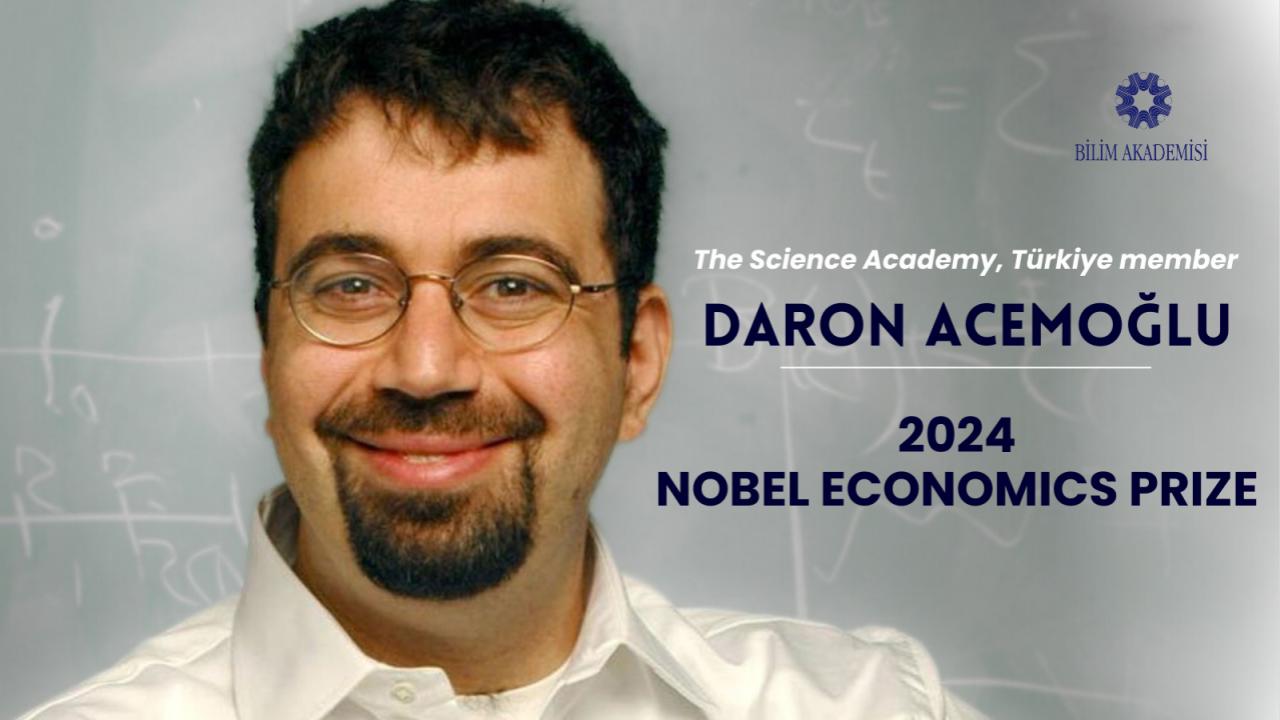Sir Tim Berners-Lee invented the World Wide Web while at CERN, the European Particle Physics Laboratory, in 1989. He wrote the first web client and server in 1990. His specifications of URIs, HTTP and HTML were refined as Web technology spread.
He is the co-founder and CTO of Inrupt.com, a tech start-up that uses, promotes and helps develop the open source Solid platform. Solid aims to give people control and agency over their data, questioning many assumptions about how the web has to work. Solid technically is a new level of standard at the web layer, which adds features never put into the original spec, such as global single sign-on, universal access control, and a universal data API so that any app can store data in any storage place. Socially Solid is a movement away from much of the issues with the current WWW, and toward a world in which users are in control, and empowered by large amounts of data, private, shared, and public.
Source: W3 Consortium
Simply Explained – 11/03/2021 (07:20)
https://www.youtube.com/watch?v=qWVTjMsv7AE&ab_channel=SimplyExplained
We have no privacy on the web anymore. Our data is stored with many third-parties, some even sell it behind our backs. Solid aims to put all our data in a single place that’s under our control (pods).
Changing the way we deal with personal data. Solid was started by the inventor of the web, Sir Tim Berners-Lee. I can’t wait to see the next generation of apps and services being built on Solid.
OnAir Post: Tim Berners-Lee




